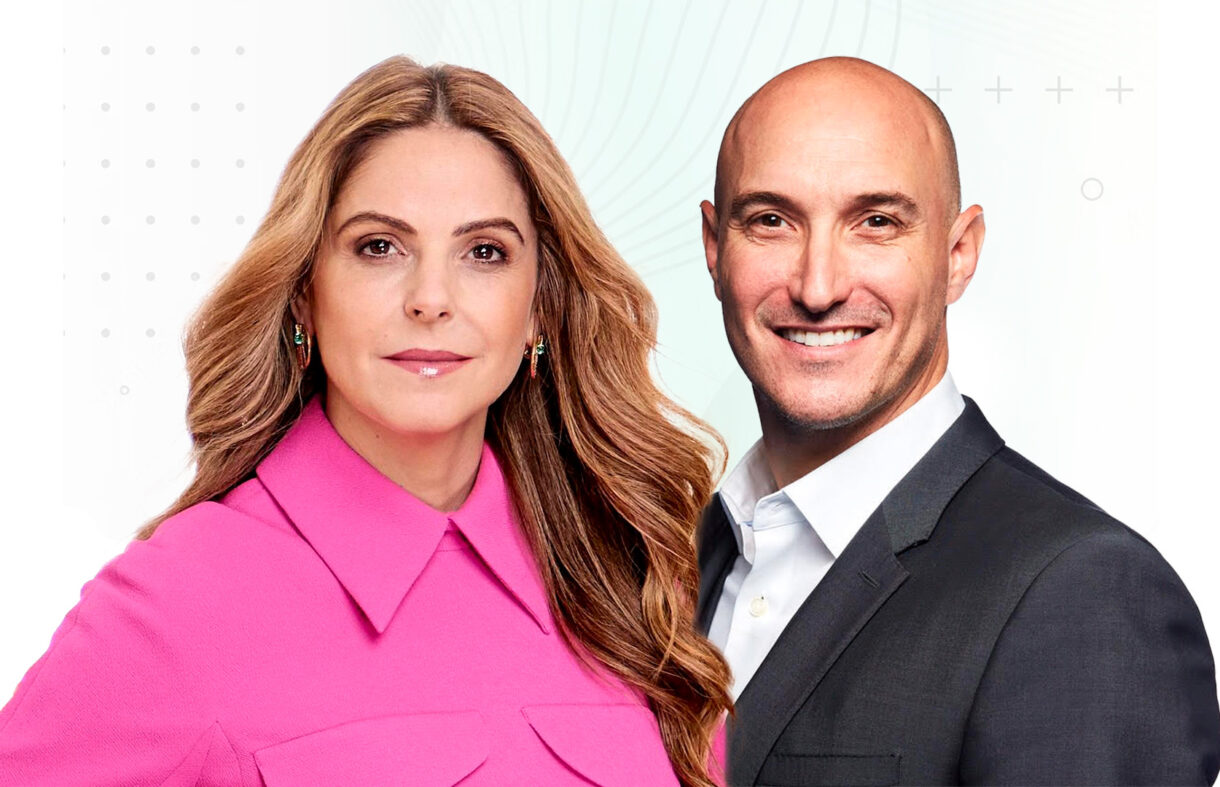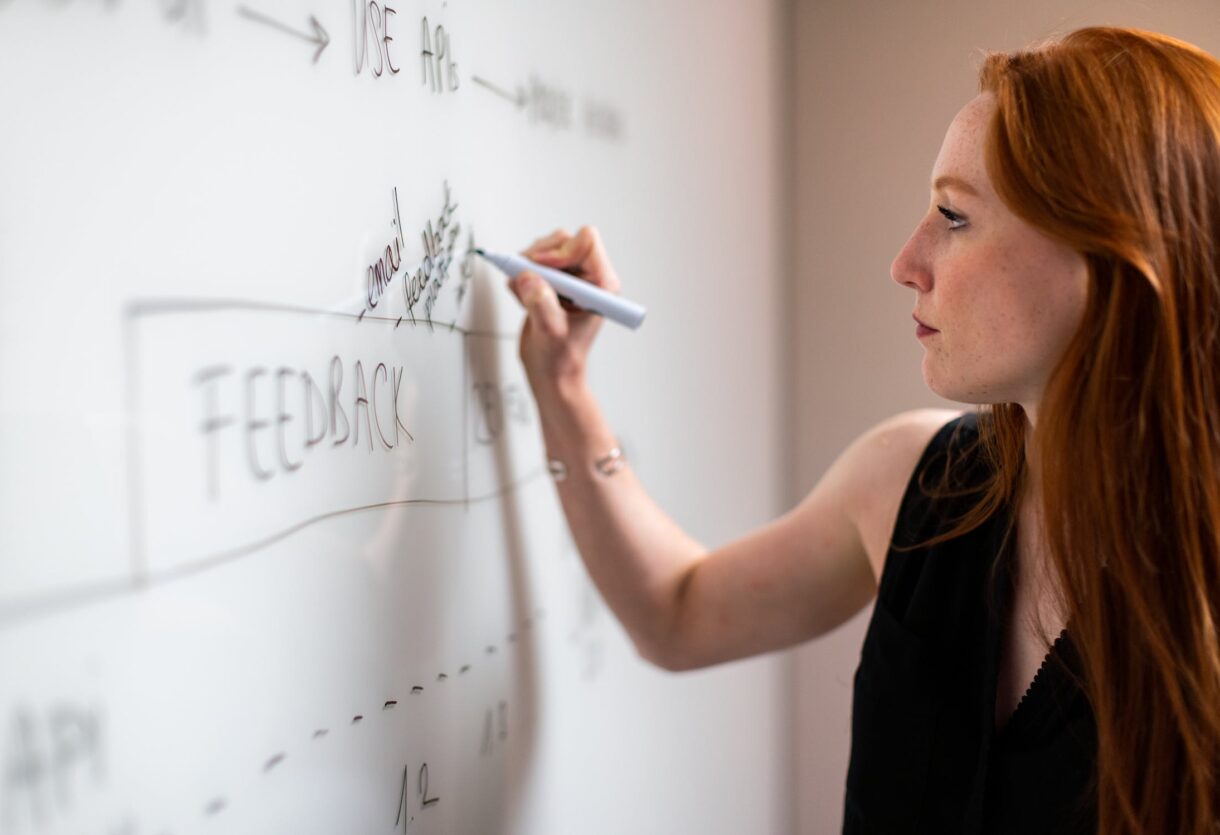Women are more than capable of holding their own in the business world. This has been proven time and again by female professionals in various disciplines.
What is Courage?
It has also been proven by the positive way in which female business women can affect business relationships and organisational conversations. The problem is that women are not always afforded access to the necessary resources to stand out and make themselves heard. They need to be empowered to harness the tools at their disposal and learn how to stand out from the predominantly male crowd. This all starts with personal development.
There are three things that affect individual development for women in business:
A constellation of developmental relationships
Kathy Kram, a scholar in the field of business mentoring, first coined the term “a constellation of developmental relationships”. It refers to three important business guides: a mentor(s), a sponsor and a coach. A mentor gives practical advice throughout someone’s business journey, while a sponsor is someone in a position of power who wants to see you progress in your career and will open doors for you to new and bigger opportunities. A coach is someone with whom you have the freedom to express self-doubt and insecurities.
Unfortunately, women find it much more difficult to find sponsors than to find mentors or coaches. They also tend to doubt themselves to the extent that they become self-deprecating, which is not a characteristic of a successful business woman. Since sponsors and organisations are found through informal networks and maintaining visibility in the industry, it is important that women start to believe in themselves enough to get out there and get noticed by potential sponsors. If women start building these relationships, they will start seeing progress in their careers.
Visibility
Doing a job well will not get you noticed, unless you make sure that the right people know who you are. Women have to network and set up natural, informal networks so that they can build relationships and support structures. This will help to develop the relationships they need to progress in their careers. Coaches and mentors are essential in helping women maintain and nurture such relationships. As a woman, you have to realise that such relationships can mean the difference between a promotion and professional obscurity.
Impact
This has nothing to do with dress sense or appearance, but with getting yourself heard in your field and making a noticeable and positive impact. Women have to enable themselves to be competent, professional, ambitious and considered an asset to a senior team.
Unfortunately, women face some obstacles in this regard, one of which is establishing a balance between exhibiting leadership characteristics commonly associated with females and those commonly associated with males. This is called the Double Bind. Women who overly express characteristics commonly associated with women, such as empathy, good communication, including people and collaboration are often labelled incompetent, ineffective, indecisive, hesitant and apologetic. If a woman leans more towards decisiveness, affirmative behaviour, action and making tough choices, she is often labelled aggressive and pushy.
The second obstacle is communication style. This involves both body language and how women make themselves heard in a male-dominated environment. It is easy for women to be overlooked or ignored, even if they do make valuable contributions if they don’t do it in a decisive, confident and clear manner.
The role of the organisation
Organisations can ensure sustainable change by putting proactive plans in place to allow women to network and build relationships. This can, for example be done by making all senior executives formal sponsors for one or more women who shows potential. It can be measured and, perhaps, event incentivised. Leadership also has to buy into such plans, by committing to helping women succeed and supporting them in their developmental programmes. They can also help by putting flexible programmes in place, logistics for childcare, flexible working and brining people back from maternity leave.
Conclusion
The most important thing in this whole process is to recognise our unconscious biases that are based on our ideas of strong leadership. Unless we make an effort to address our biases, we will simply carry on as we always have. If we truly are committed to helping women in business succeed, we have to change our approach and start helping them to overcome hurdles, instead of putting more in their way.









